Dhaka, August 22 — A United Nations technical expert team is set to arrive in Dhaka on Thursday to investigate the casualties that occurred during the student protests in Bangladesh. This team will primarily conduct research and assess the situation on the ground.
The Foreign Secretary of Bangladesh informed reporters on Wednesday afternoon that the UN team is initially scheduled to stay in the country until August 28, though the visit may be extended if necessary. The team's objective is to discuss how the UN can assist Bangladesh in the forthcoming investigation into the incidents.
Reports from Geneva indicate that while the UN prepares to investigate the quota reform movement in Bangladesh, several international human rights organizations are pushing for the issue to be raised in the UN Human Rights Council. However, diplomatic analysts believe that it may not be appropriate to bring the discussion to the Human Rights Council at this stage, given the ongoing UN investigation.
The Office of the United Nations High Commissioner for Human Rights recently released a report criticizing the law enforcement response during the protests, accusing them of using "unnecessary" and "excessive" force.
The UN team, led by Rory Mungoven, will engage in talks with various stakeholders in Dhaka. They will establish the workflow, processes, and conditions necessary for the investigation. It remains unclear whether this group will serve as the main fact-finding team.
Touhid Hossain, the Foreign Affairs Adviser, has stated that the interim government is committed to supporting an impartial UN investigation. He emphasized the government's clear and transparent stance, asserting that those responsible for the crimes, as well as those who ordered them, must be held accountable with the UN's assistance.
Gwen Lewis, the UN Resident Coordinator in Dhaka, noted that the technical expert team will focus on preliminary investigations. Further discussions will determine the scope of their mandate, how they will collaborate with the government, and finalize their terms of reference and working timeline.
According to the United Nations, over 630 students lost their lives during the anti-discrimination student movement. The UN aims to conduct a thorough and impartial investigation into these deaths.



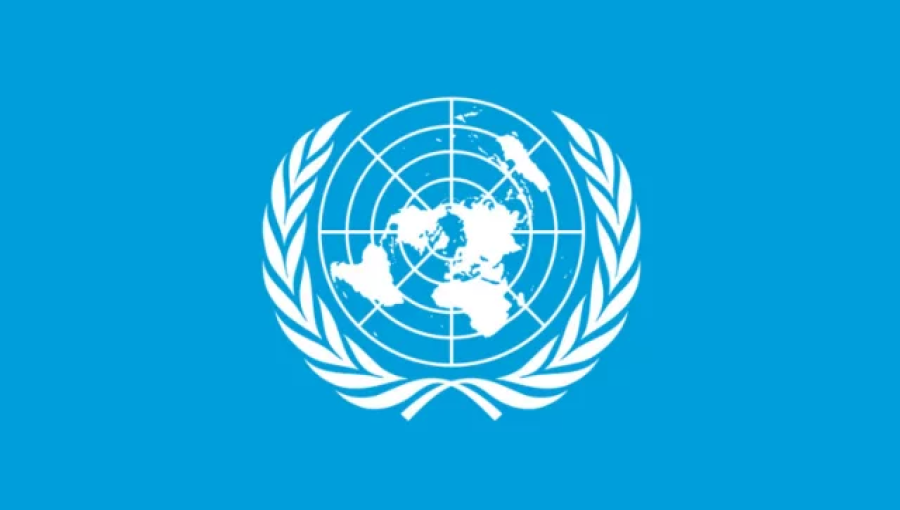
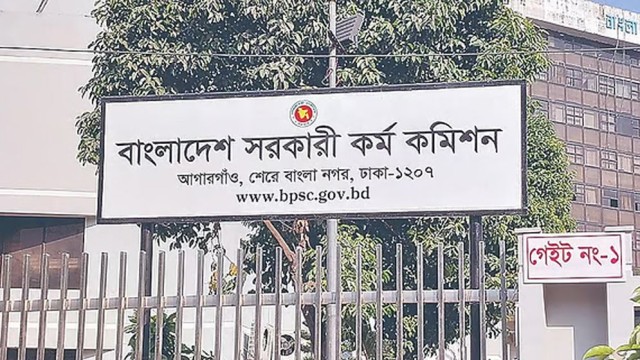
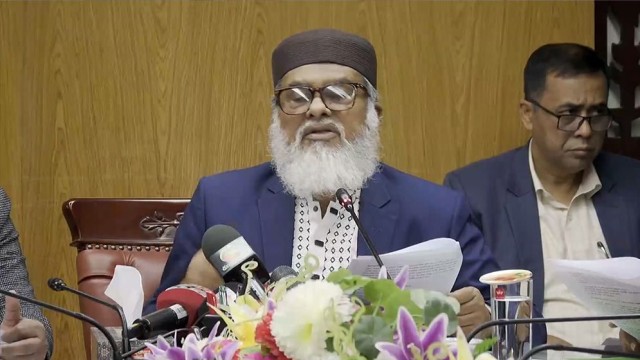
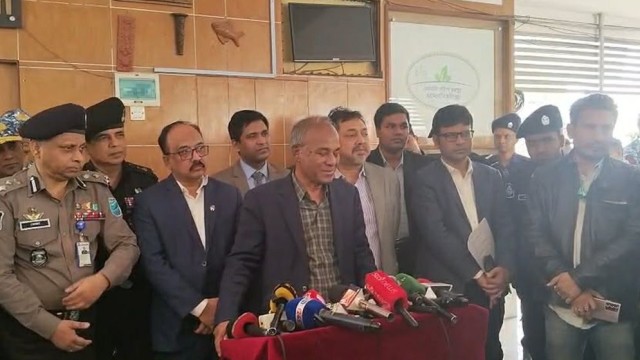

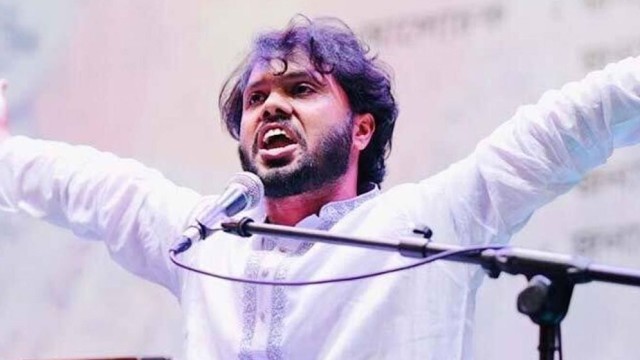
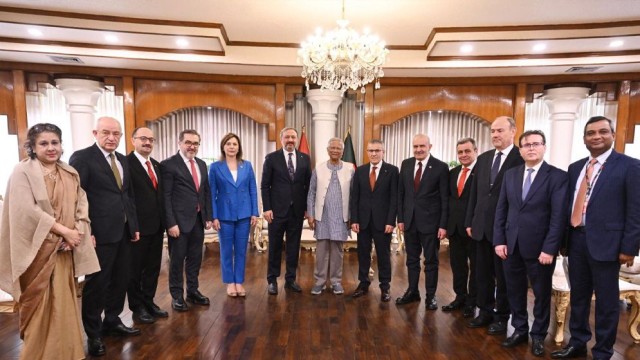





















Comment: